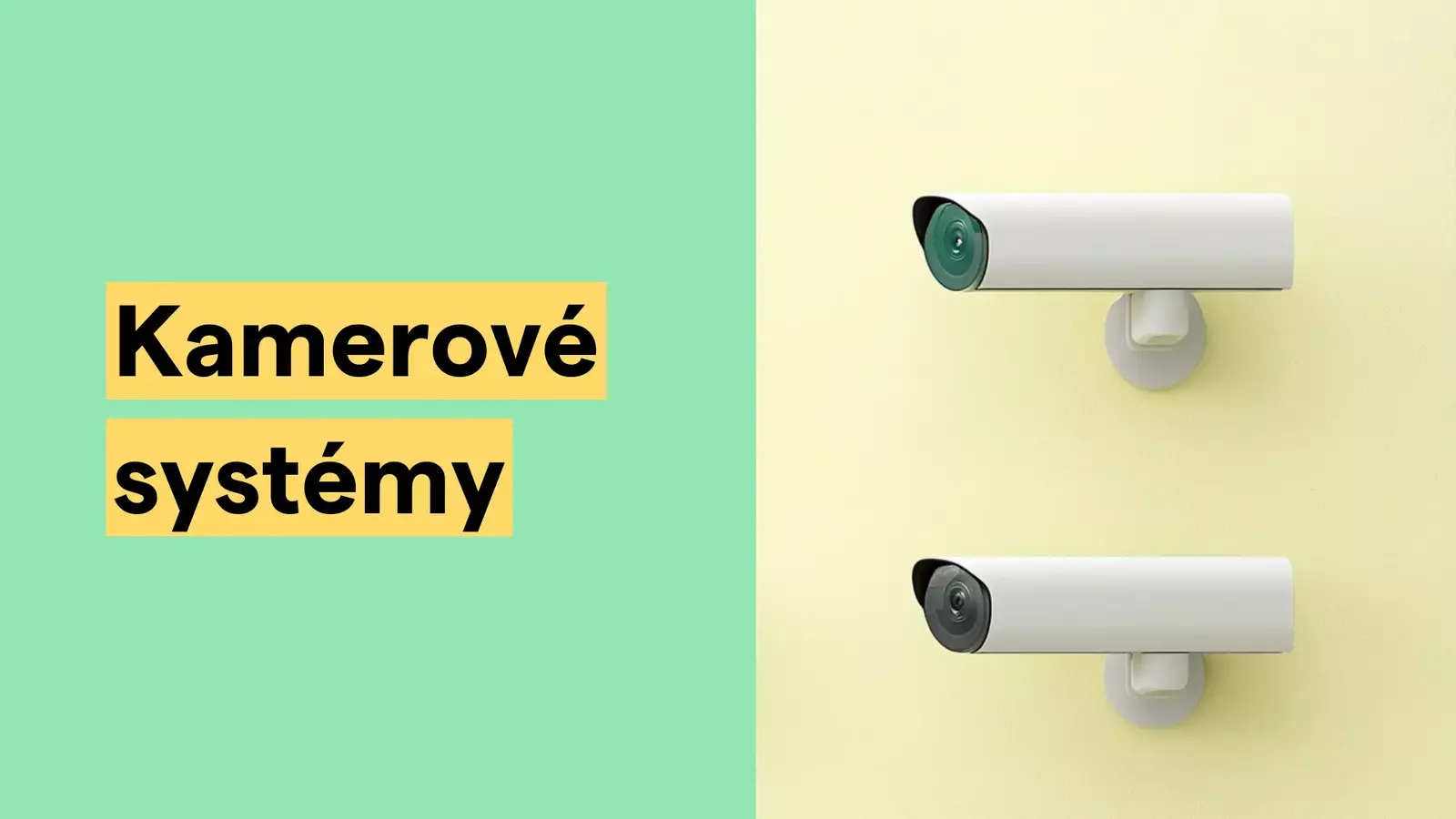


Cameras can be found everywhere today - in stores, businesses, offices, schools and even in homeowners' associations (HOAs). They protect property, enhance security or monitor traffic. However, setting up cameras does not end with the hanging of a sign saying "Area monitored".
The CCTV system must comply with GDPR and other regulations and we'll show you how to do it right.
We know everything about CCTV system setup. Let us know, we'll get it done correctly.
Operating cameras isn't straightforward. Especially when you're capturing areas where people move around - whether employees, customers or visitors. Failure to comply with the rules can be a costly affair: not only do you risk a fine from the Data Protection Authority, but also reputational damage and loss of trust
Don’t want to take that risk? We've put together 10 essential rules to ensure your cameras are 100% compliant with the law 💪🏻 or get in touch and we'll handle your CCTV together.
Before installing the cameras, you need to have clearly documented guidelines on of how you will use them. And it's not enough to just write general reasons, be as specific as possible.
Most companies install cameras to protect property or personal safety. In legal terms, we call this a "legitimate interest" - and that's what gives you the right to use the cameras. But be careful: you have to be able to prove that your need for cameras is outweighspeople's right to privacy. That's what the balancing test is for.
💡TIP: Think of a balancing test as a scale. On one bowl you put the reasons for the using cameras (property protection, security), on the other the rights of the individuals being monitored (privacy, personal data). The first bowl must be "heavier" for the camera system to be OK.
How to set up GDPR correctly when implementing a CCTV system? We've put it into an article.
Some cases need closer scrutiny. It's like an insurance policy - you need to know what risks associated with the the cameras and how to mitigate them. This is called a DPIA and you need it especially when:
Keep a record of every request for CCTV footage - whether made by the police, an employee or even a visitor. You don't need to buy special software for this, just a simple spreadsheet in a document.
Evidujte si každou žádost o záznam z kamer – ať už ji podá policie, zaměstnanec nebo třeba návštěvník. Nemusíte kvůli tomu kupovat speciální software, stačí jednoduchá tabulka.
Really only the most necessary people should have access to the video recordings. Keep a list of these authorized individualsand update it regularly.
Anyone who has access to the records should sign a non-disclosure agreement (NDA) with you.
If a third party manages the CCTV system for you, you must have a data processing contract with them.
Jiří Hradský is GDPR expert, make an appointment and srart doing GDPR right.
If it is a permanently monitored premises, keep footage for a maximum of 72 hours. In other cases, keep the retention period for footage to a matter of days and provide justification for this timeframe.. Of course, if you are investigating a theft, keep the records.
Cameras are not allowed in toilets, showers, changing rooms or other sensitive areas.
You need to inform people that they are being monitored. Signs with information on where to find further details about rights are mandatory.
We can set up a turnkey GDPR setup. ⬇️
We can provide a comprehensiveGDPR setup for your CCTVsystem. We will prepare all the necessary documentation that you will need for any potentialinspection. We will prepare:
We can't write good documentation without information from you. But don't worry - no mountain of paperwork awaits you. We just need a few key pieces of information.
Does that sound complicated? It isn't. We've simplified the whole process as much as possible:
We will provide you with an easy-to-understand solution that will make your CCTV system 100% compliant with the law. You can then focus on your business in peace.
GDPR doesn't have to be a science. Let us set up your CCTV processes.